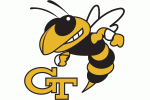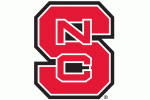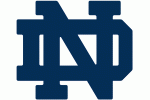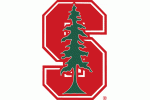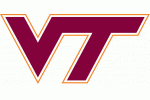University of Michigan Head Football Coach, Jim Harbaugh (always the smart, creative man) knew that he had to raise the talent level for the Maize and Blue. Specifically, Harbaugh knew immediately that he had to get the best, fastest football players on the gridiron. What better than to hold camps in Alabama, right? And it was quite a site to see (h/t @SportingNews).
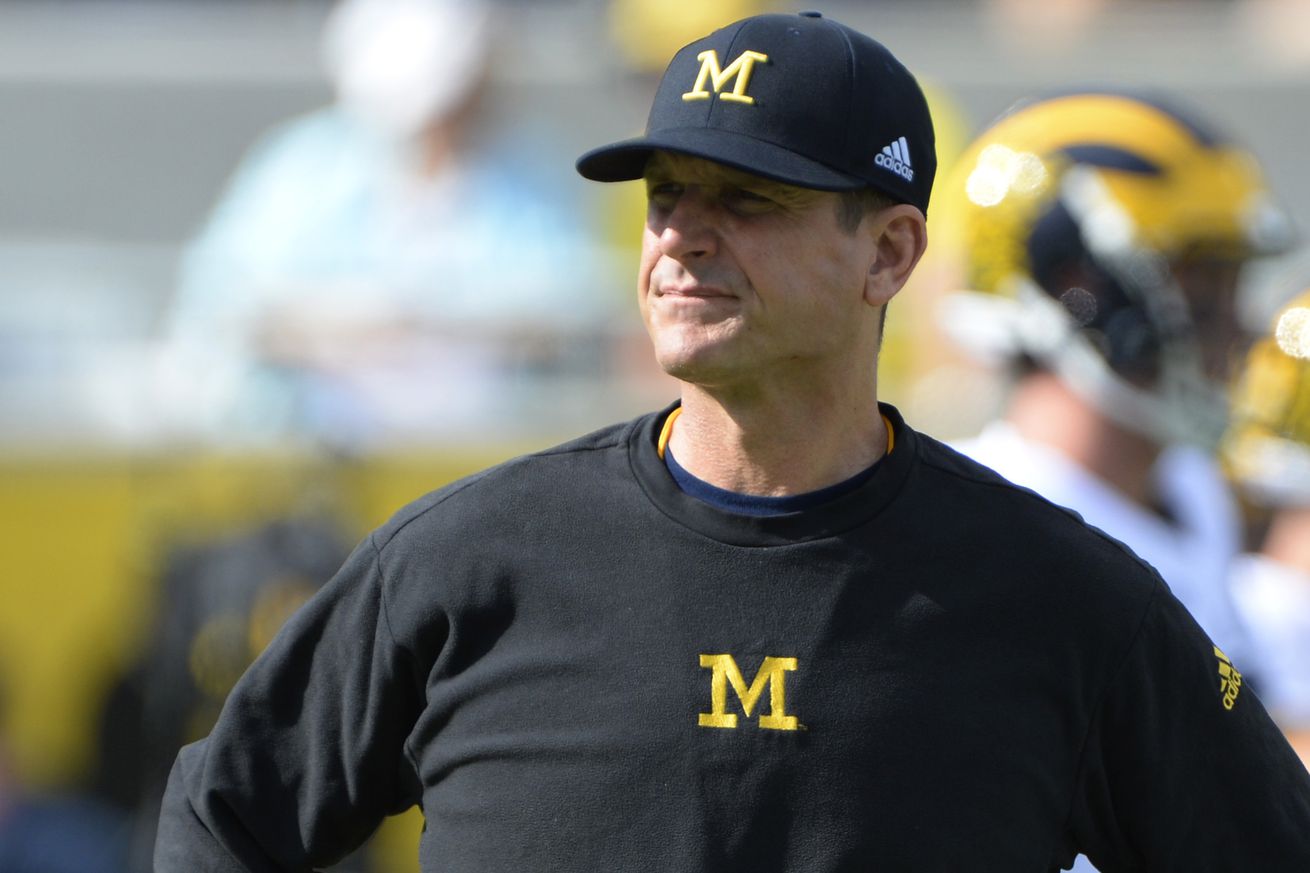 The SEC was very vocal about its opposition to Harbaugh’s satellite camps (the ACC, while not as vocal as the SEC, was also opposed). As such, the SEC brought a proposal (which would ban these camps) to the NCAA Division I Athletics Council (h/t @RalphDRussoAP). Specifically:
The SEC was very vocal about its opposition to Harbaugh’s satellite camps (the ACC, while not as vocal as the SEC, was also opposed). As such, the SEC brought a proposal (which would ban these camps) to the NCAA Division I Athletics Council (h/t @RalphDRussoAP). Specifically:
The Division I Council approved a proposal from the Southeastern Conference and the Atlantic Coast Conference requiring Bowl Subdivision schools “to conduct camps and clinics at their school’s facilities or at facilities regularly used for practice or competition,” the NCAA said. “Additionally, FBS coaches and non-coaching staff members with responsibilities specific to football may be employed only at their school’s camps or clinics.”
The change was effective immediately. Harbaugh, whose sweeping tour of the South last year heightened the debate about satellite camps, already had stops lined up this year in Florida and Alabama
The SEC (and to a degree, the ACC) both have bans on their football coaches working in satellite camps – and the SEC, in particular, saw Harbaugh’s ventures into the Southeast as unauthorized recruiting trips. @RalphDRussoAP brings up a good point here:
The SEC is in the most fertile football recruiting territory in the country, so its coaches don’t necessarily need to venture outside the league’s footprint for talent. If anything, permitting satellite camps might have led to SEC coaches encroaching on each other’s turf.
Major USA Today College Football Writer, @PaulMyerberg, brings up some great points. Michigan and Ohio State aren’t going to be hurt from this new restriction:
The loser here isn’t Michigan, which famously ventured into SEC country last fall, led by Jim Harbaugh, and ruffled feathers throughout the conference; Michigan landed verbal commitments from a number of recruits during its satellite-camp foray, though several were eventually jettisoned from the Wolverines’ signing class.
And the losers aren’t other Power Five conferences that partook in the advantages given by satellite camps, which afforded programs with entry into areas of the country typically outside their recruiting blueprint — as was the case with Ohio State or Nebraska, which held camps in Florida last offseason.
……
The new legislation hurts the Group of Five, but the real losers are clear: under-recruited prospects who used these camps to gain access to potential scholarship offers. If a move designed to even the playing field on a conference-wide level, the NCAA has instead robbed prospective student-athletes from casting their own wide recruiting net.
For every five-star recruit there are hundreds — if not thousands — of prospects angling for an opportunity. Technological advancements, such as the Hudl program used on nearly every level of football, have made it easier to sell oneself to an FBS or FCS program. Yet for school or player alike, there was no replacing the in-person audition.
There’s also a dollars-and-cents issue. Official visits are paid for by the host university, but can only be held during the regular season. At any other point, recruits must pay their own way to visit a university — demanding not only time but money, particularly if the trip includes family member.
…..
There’s the paradox of the satellite-camp ban: While it aids the SEC, keeping interlopers out of its recruiting backyard, the new legislation comes at a substantial cost to a wide swath of the FBS — and to the majority of potential student-athletes, many of whom leaned on the access provided by these camps to raise their own recruiting profile.
Seem fair? It’s not. Aimed a closing a loophole, the NCAA ban has instead slammed the door on the individuals it is designed to represent.
So, if we take this to a local level, Old Dominion University (where my buddy, @vabeachrep, is alumnus) is a college that would benefit greatly from these camps – their coaches could work a camp in Alabama or Florida – and an under the radar kid might make an impression on their staff.
What do I think of this? Ralph D. Russo and Paul Myerberg are 100% correct in their analysis. Furthermore – we’re some complaints from some coaches in the SEC (and a few in the ACC) that recruiting is a year round business. Tough sh*t. If you do not like this recruiting thing, perhaps you need to find another job (you’re making 6 figures as an assistant coach). Are you afraid of a little competition? Of course Harbaugh wants to hold satellite camps – or appear in these camps in the Southeastern part of the United States – news flash – the best football players are there (duh). And the SEC didn’t like these visits one bit.
Jim Harbaugh or Urban Meyer aren’t going to be hurt from this move by the NCAA (they will still go into the 757 and get some of the same players that Virginia Tech is recruiting). Not one bit. It’s the football players that want to go to Old Dominion, Florida Atlantic, Florida International, etc. They get an opportunity be seen not only by Power 5 coaches, but non-Power 5 – and maybe get that scholarship. Look, the majority of athletes aren’t playing professional football – so this about school being paid for in many cases. It’s a big deal for many – and this move by the NCAA is a bit shortsighted (maybe a lot).







